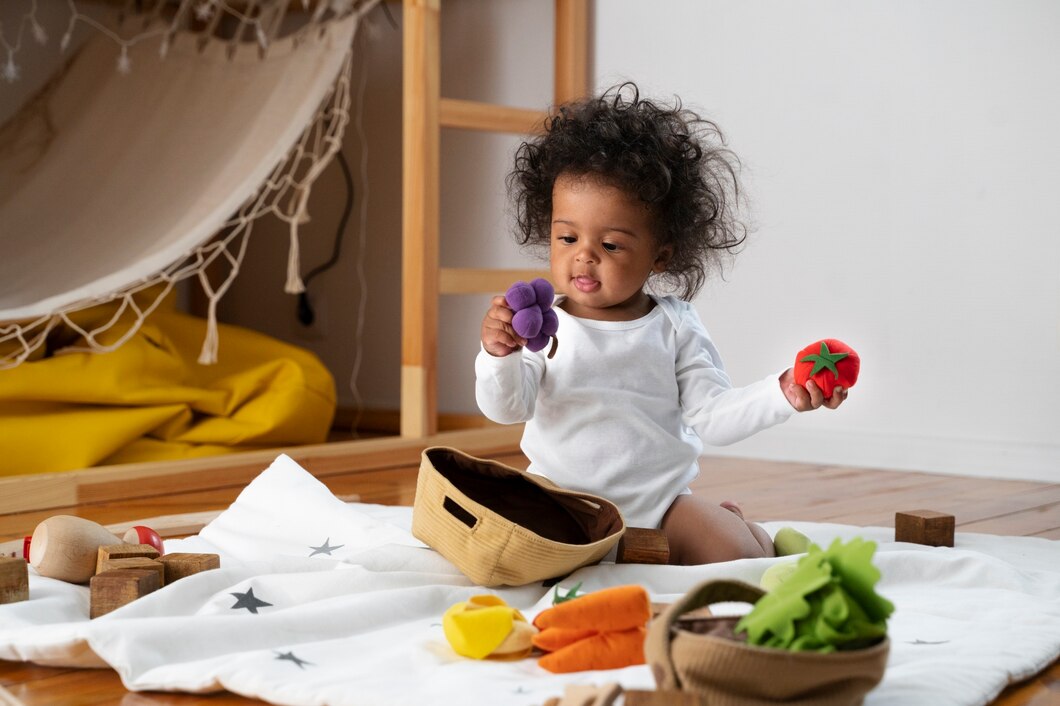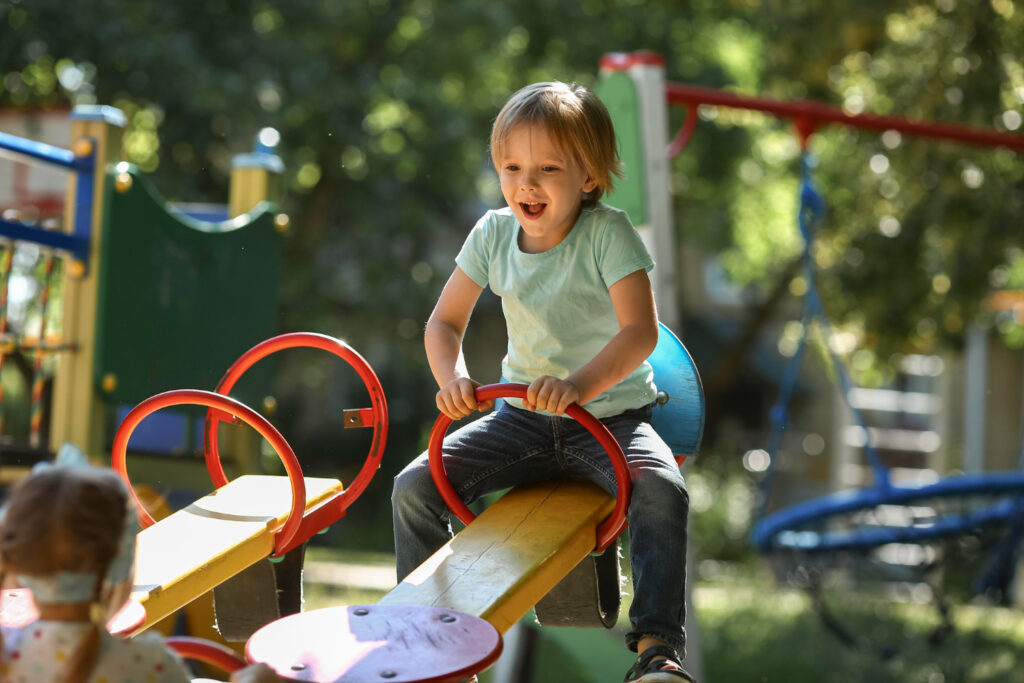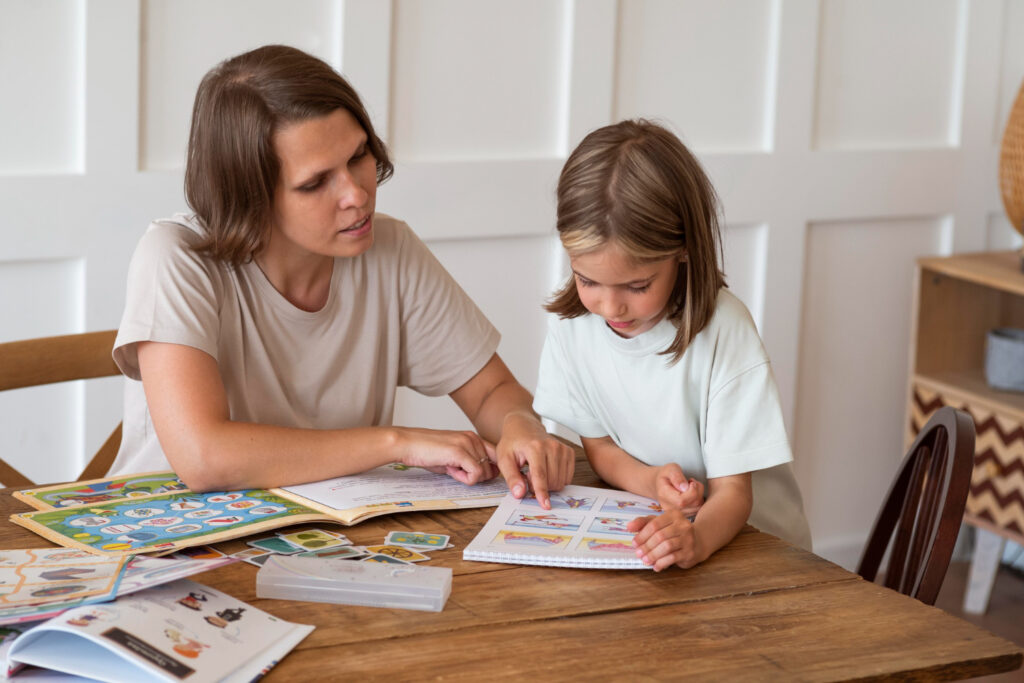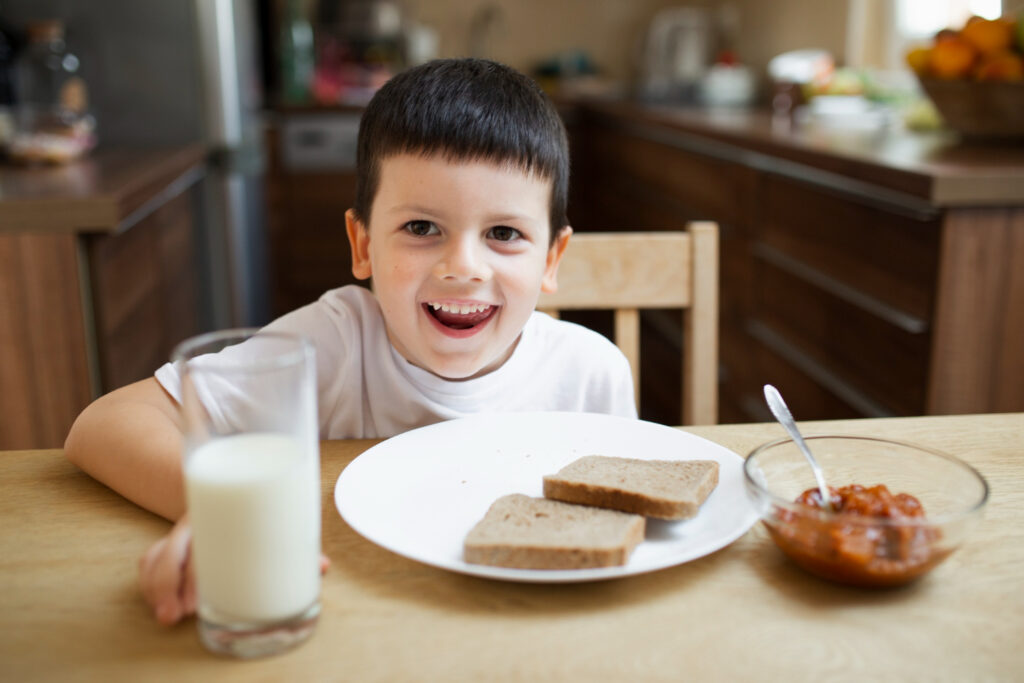From Pureed Panic to Happy Eaters Allowing our children free access to food can seem quite frightening. You think of messy food play, and instantly, you get visions of sticky hands, splattered walls, and a pile of dirty laundry waiting to be washed. But experience teaches us that messy food play is essential to good …
From Pureed Panic to Happy Eaters
Allowing our children free access to food can seem quite frightening. You think of messy food play, and instantly, you get visions of sticky hands, splattered walls, and a pile of dirty laundry waiting to be washed. But experience teaches us that messy food play is essential to good eating habits.
As parents, we are a bundle of nerves when kids start eating solid foods. Every meal has to be a balanced masterpiece; every spoonful has to be perfectly pureed. We almost go crazy if we catch sight of even a single pea wandering around. Thinking of a mess terrifies us so much that we almost don’t experience the sweetness of watching our child development food.
Messy Food Play Notes Sensory Discovery
During messy food play, children learn about many different textures; it’s not only about creating a mess. For them, the smooth coolness of yogurt, the grainy sensation of oats, and the sticky sweetness of honey are like exploring a new universe. This sensory investigation is not only enjoyable but also helps children establish a good relationship with food and eating.
Did you know: Children’s food neophobia (fear of unfamiliar foods) can be lessened by sensory play? It’s all about lessening the anxiety around new tastes, colors, smells, and textures.
Tiny hands, big progress:
It is incredible to watch our kids pick up, scoop, pour, and squish food. They develop their fine motor skills without even realizing it. They increase their ability to grab tiny objects, and their fine motor skills and coordination increase.
When a child attempts to ‘pour’ applesauce from a bowl onto a high chair, the applesauce can end up everywhere except where it should be! This child is learning a valuable lesson regarding eye-hand coordination, which is important for subsequent development, including handwriting and painting.
Cognitive Development
Messy food play can also be turned into a small science lab in your kitchen. Through food play, children experiment with problem-solving and cause and effect. “If I drop this spaghetti, it splatters!” They strengthen concepts of connection and expand their perspective of the world.
Language Development
Talking about tastes and textures also increases children’s vocabulary.
“Is this sticky? Is it crunchy? Is it sweet?” You can refer to food using descriptive language and not only about the taste and texture, but also about the colors and smell.
Emotional Growth
The mealtime mess that you dreaded has now turned out to be fun and an emotional booster for both you and your child. It raises their self-confidence and enables them to better express themselves. Food play gives children the courage and confidence to try out new foods both by themselves and with you and your family.
Social Development
Many children learn sharing, turn-taking, and teamwork as they play with food together. It becomes a bonding session and a time of socialization
Accept the Mess
Start small and simple; avoid introducing many different textures at once to keep the food play in control. Keep adding more as you go (and when you feel comfortable).
- Avoid wearing good clothes. Old clothing, smocks, or even just a diaper and a bib work well for your child. Dress yourself in something you’re not too bothered about; you can change later.
- Keep the mess confined to one place only. It will make your life easier. Spread a plastic sheet on the floor or put the high chair inside an inflatable pool to contain the mess.
- Steer clear of small, hard meals that can be a choking hazard; keep them safe and age-appropriate.
- Let your children explore at their own pace. Never force them to taste or touch something they don’t want to. Just offer them food and move to a safe distance so that you can monitor without interference.
- Accept the mess by prioritizing learning and fun. Enjoy this messy bonding session with your child. Your child’s development will be more likely to try something new if they see you eat it first.
Little Happy Eaters
Messy food play is about creating memories, developing skills, and strengthening relationships with food. It’s about accepting the delight children find in discovering new foods.
So the next time your child grabs a handful of mashed potatoes, take a deep breath, relax, and let them explore. You will be surprised by what you both discover!




